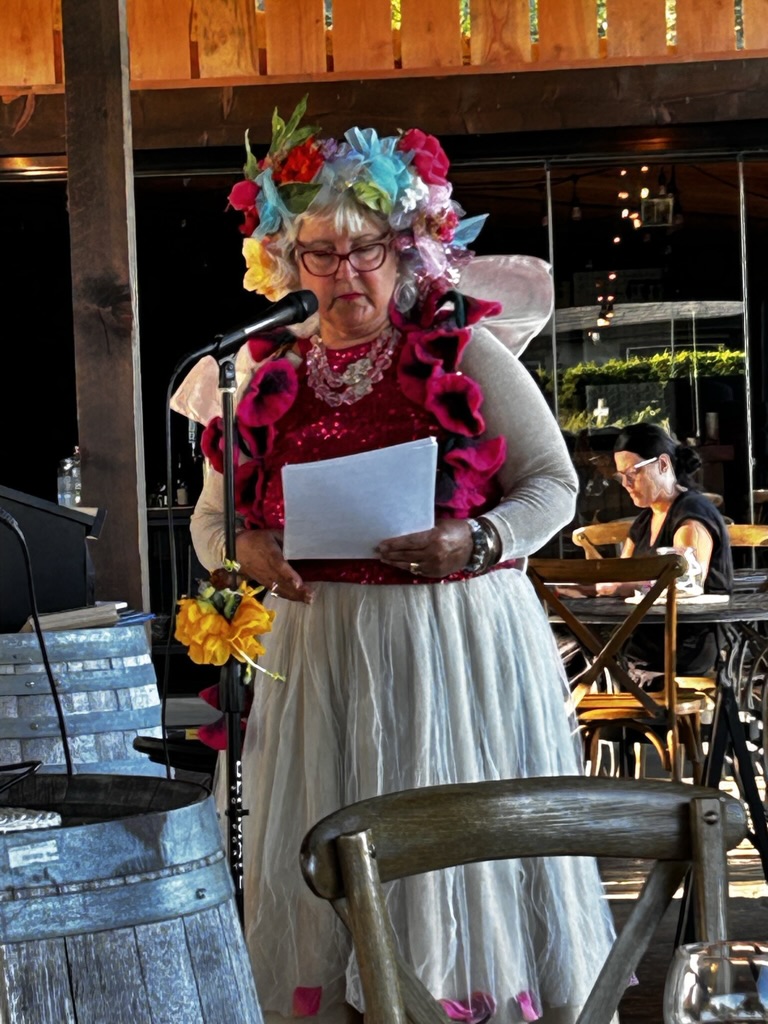Christmas for many can be the highlight of the year! A time to slow down and make time for those important in your life. Festivals of lights, music, joyful celebrations, gratitude and sharing are at the forefront. Ironically in trying to slow down to connect with others we end up speeding up with stress and worry whether the celebrations will be perfect.
For many of us, it is also a reflective time, that cannot only resurface memories but introspection and evaluation. It might even induce anxiety as we prepare for the new year in hopes of healing and moving forward with optimistic determination and change.


This fall I purchased the Medical Intuition Course authored by Carolyn Myss and Norm Shealy through Sounds True (I’ve provided the link below). At this point, I am halfway through and can see that the topics could be of particular interest and application to those in the introspective holiday season mindset. In realizing that many parents, grandparents and teachers are far too busy to consider engaging in such a course at this time of year, I have decided to devote this next week of blogging to sharing some of the insights I have garnished in hopes that they might offer encouragement, support or resources for future self-discovery.
Have you ever thought of what it means to live in faith? I’m not speaking of institutional religion, but faith from a spiritual perspective. Carolyn Myss tackles the concept of faith. I have always considered faith as the belief in a high being or the power of the divine universe. Myss ignited the following ponderings and a shift in my understanding of the power of faith:
- Living in faith means we are truly living in a state of optimistic surrender and courage. No matter what we are faced with, we will learn and become better people as we journey through any adventure. This doesn’t mean that everything will turn out perfect and without pain or struggle.
- Living in faith means detaching from expected outcomes or unreal expectations. It is celebrating whatever the outcome, large, small, or none (sometimes no outcome is more of the blessing).
- Living in faith means letting go of worry, anxiety and the need to control a situation. In Al-Anon, it is said, “Let go. Let God.”
- Living in Faith means we live confidently without fear. We believe in our own strengths and abilities to problem solve. Sure we prepare and can be proactive BUT ultimately we need to trust and be patient that as the yoga guru Adriene Mishler’s mom says, “Everything is as it should be.”
- Taking this point a step further, we believe in the strengths and abilities of others and not try to control or pilot someone else’s journey. Living in faith is embracing patience.


Carolyn Myss’ talk on faith deeply resonated with me. At this time of year our expectations reach unreasonable heights as we try to create the perfect holiday experience for our families. As Mo Gawdat tells us in Solve for Happy, happiness is achieved when expectations are met or exceeded. If we set our expectation bar at unachievable levels, we will never be happy. This emphasizes Carolyn Myss’ wise counsel that we need to truly live in faithful surrender and detachment.
I stopped dead in my tracks hearing Myss’ reflections on what faith is not. She challenges how we pray, asking the following questions:
- Are you a stuffologist? Do you pray that your stuff, your life, and your wellbeing is perfect and without pain or suffering?
- Do you pray the same prayers for intercession over and over again, just in case God isn’t listening? Or do you make your request once living in faith and trust that the Dear Lord will answer and provide?
- Do you say a prayer of thanks, celebration, and appreciation for the Dear Lord and Universe’s splendor?
- Are your prayers inclusive of others such as the broader community and globally?
- Do you tend to pray when only you need help as opposed to making it a daily mediation?
- How often do I pray for forgiveness, wisdom or patience? So often our prayers are impatient.
- Is fear a motivator for you to pray?


Since retiring I have had the luxury of time, as such I take at least one hour walk a day where I devote most of the walk to saying the rosary. Interesting I often find myself repeatedly remembering the same people in my intentions. Hmmm, does this fall into the category of prayer harassment?
I concede that living in strong faith is a challenging journey. Anxiety so easily can rear its head in my life. I need to remember faith evolves through maturity and wisdom and builds in strength with the practice of surrender and detachment. It’s changing the nature of prayer from looking for answers to wants and needs to surrendering in communication and mediation with God and Our Universe.
So where does this leave us as parents, grandparents and teachers during this holiday reflective period? We are challenged to surrender in loving connected prayer. Instead of worrying about the outcome of facilitating the perfect holiday, let’s have faith that everything shall play out as it should. That lessons will be learned, love will be shared, and we will be graced with the strength to survive as we enjoy each and every moment at that moment. Above all, take the time to be still and pray/meditate.
Quick Take Away Links
A great read on faith:
Being Called to Prayer – The Mystery of Faith:
Prayer:
- https://www.youtube.com/watch?v=BX8cGgyW2W0
- https://www.myss.com/things-change-in-the-blink-of-an-eye/
For anyone interested in the course:







